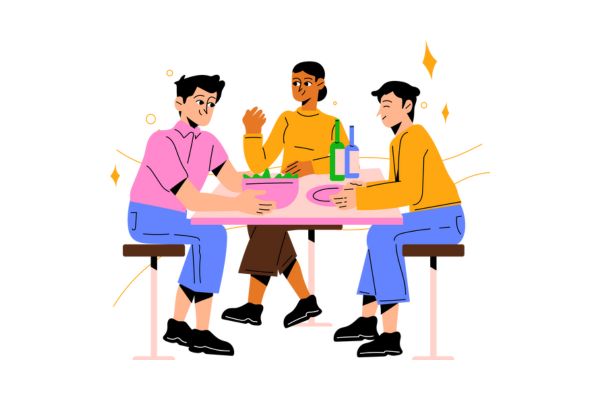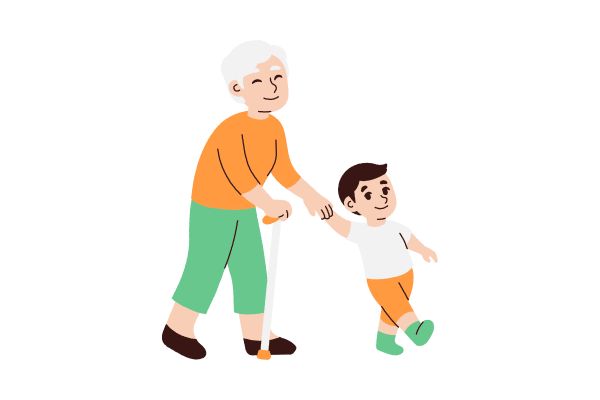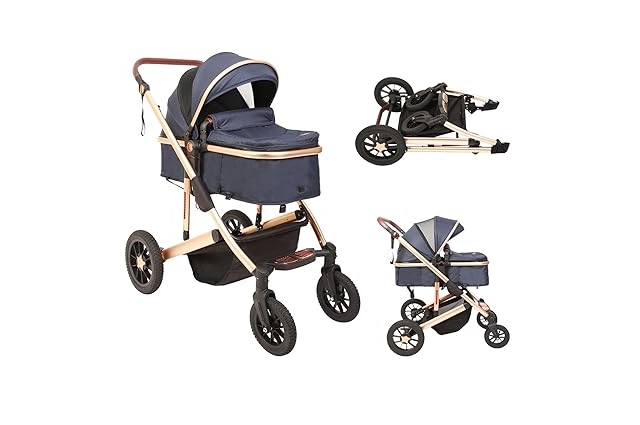Hey there! In a world where negativity runs rampant, raising kind hearted child beings is more critical than ever. Empathy and compassion are the building blocks of kindness; they can connect, heal, and create a better inclusive society. But how do we build these qualities in our child as parents, caregivers, and educators?
It all starts from an early age. Every interaction, from infancy to the classroom, shapes a child’s understanding of the world and their place in it. That’s why I’m here to share critical tips and strategies to help you foster empathy and compassion in your little ones. Let’s dive in!
Building Emotional Intelligence
- Mirror and Validate Feelings: Acknowledge your child’s positive and negative emotions. Saying, “I see you’re feeling frustrated”, shows them their feelings are valid and helps them learn to identify and articulate their emotions.
- Label Emotions Together: Read books with diverse characters experiencing different emotions. Talk about these emotions, helping your child label them and understand their nuances.
- Role-Play Social Situations: Practice conflict resolution and showing empathy through pretend play. Please encourage them to see things from different perspectives and find solutions for everyone.
Connecting with Others

- Embrace Diversity: Expose your child to people from different backgrounds, cultures, and abilities. Read books and watch movies that celebrate diversity. Discuss similarities and differences with an open mind.
- Engage in Community Service: Volunteering allows children to witness firsthand the needs of others and experience the joy of helping. Start with age-appropriate activities like donating toys or visiting a nursing home.
- Practice Random Acts of Kindness: Encourage small acts of kindness in daily life, like holding the door, sharing a snack, or writing a thank-you note. Discuss the impact these actions have on others.
Modeling Compassionate Behavior
- Be a Role Model: Children learn by observing. Show empathy and compassion in your interactions with others, family, friends, and strangers. Apologize when you make mistakes and demonstrate forgiveness towards others.
- Discuss Real-World Examples: Watch the news or read about people making a difference. Talk about their challenges and how they’re working to improve things. Discuss how you can support their efforts.
- Create a Culture of Kindness: Establish family rituals that promote kindness, like having gratitude walks or celebrating acts of kindness in the community. Make kindness a core value in your household.
Technology and Media
- Mindful Media Consumption: Choose movies, shows, and games that portray positive values like empathy, cooperation, and respect. Discuss the messages behind the media and how they relate to real-world situations.
- Encourage Creative Expression: Allow children to express their feelings and understanding of the world through art, music, writing, or storytelling. It can help them process emotions and connect with others more deeply.
- Utilize Educational Apps: Explore apps and games that teach empathy and social-emotional learning. Be mindful of screen time and choose apps that prioritize quality over quantity.
Fostering empathy and compassion is a continuous journey, not a destination. There will be setbacks, misunderstandings, and moments where your child struggles. Use these as opportunities for teaching and learning. Be patient, celebrate their efforts, and offer guidance with love and understanding. A guide on when to switch from a toddler bed to a twin bed .
Here are some additional tips to raise a kind child:
- Make it Fun: Use games, songs, and interactive activities to make learning about empathy enjoyable.
- Focus on Strengths: Build on your child’s natural strengths and interests to connect them with acts of kindness and service.
- Seek Support: If you’re struggling, don’t hesitate to seek support from educators, counselors, or parenting resources.
By nurturing empathy and compassion in our children, we empower them to build a kinder, more connected world. Let’s start today, one kind act at a time, and raise a generation that embraces humanity in all its beautiful diversity.
Remember, these are just starting points. The most important thing is to be intentional and create a loving, supportive environment where your child feels safe to explore their emotions, connect with others, and embrace the power of kindness.





